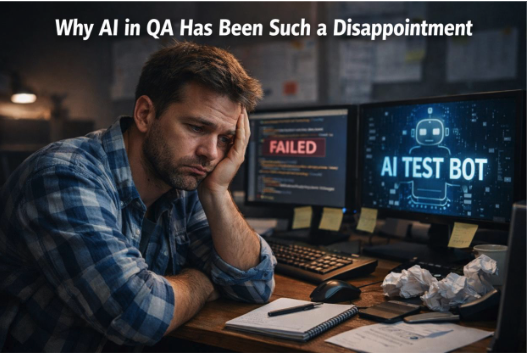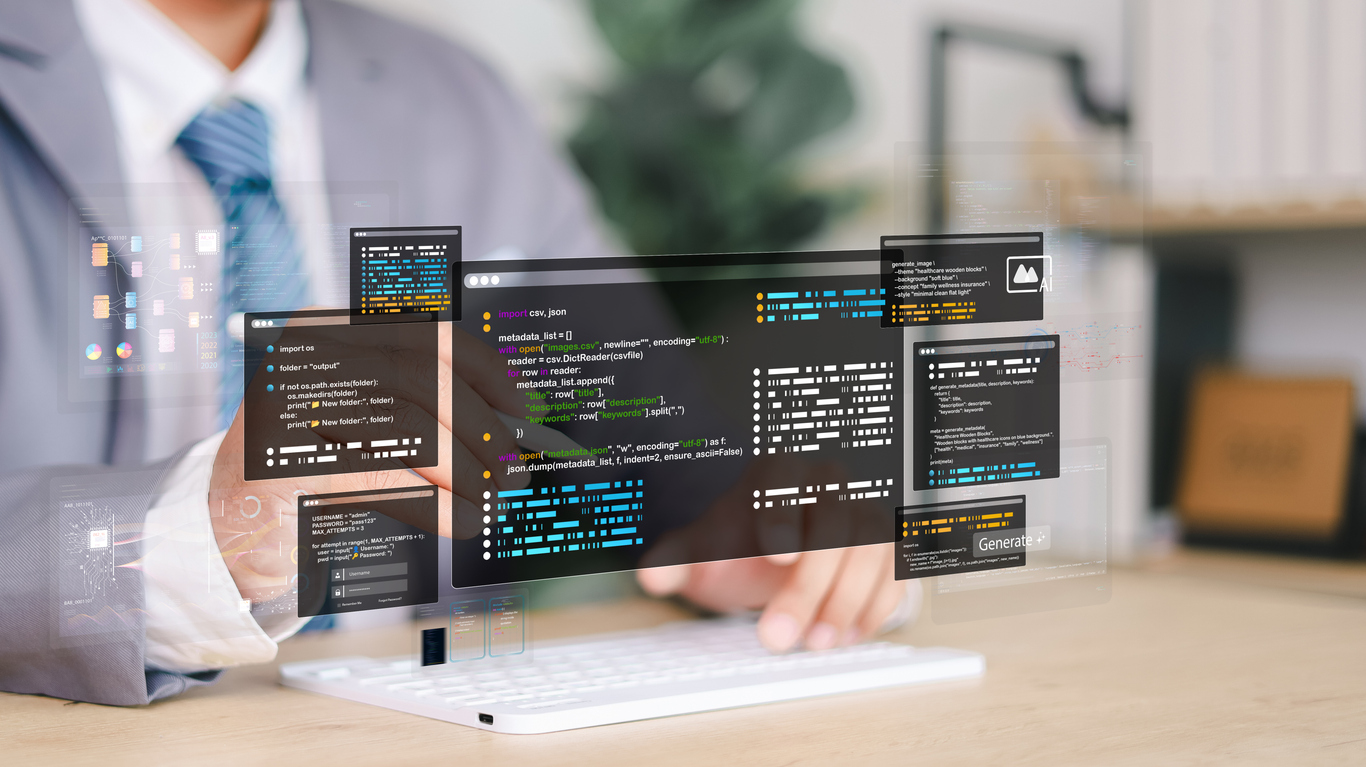Rethinking Software Quality in a Rapidly Evolving Landscape
As businesses innovate and expand, the number of applications that support critical functions is growing exponentially. However, the complexity of these systems means that traditional QA methods are struggling to keep pace. In today’s fast-moving digital environment, relying solely on manual testing and legacy automation tools is no longer an option.
The Rising Cost of Software Quality Issues
Companies worldwide now allocate roughly 35% of their IT budgets to quality assurance and testing. Yet, despite these significant investments, software quality issues persist. In fact, recent estimates indicate that poor software quality costs U.S. companies nearly $2.41 trillion each year. This mounting expense underscores the urgent need for a smarter, more efficient approach.
A New Enterprise Agenda: AI at the Helm
Rather than pouring more resources into outdated QA processes, forward-thinking CIOs are spearheading an AI-first agenda. By harnessing the power of artificial intelligence, organizations can dramatically reduce the budget share allocated to testing while simultaneously boosting overall software quality. This strategic pivot means less reliance on human-intensive manual testing and a shift toward intelligent automation that can adapt to modern development cycles.
The End of Traditional Manual Testing
Manual testing, long the backbone of software quality assurance, is rapidly becoming a relic of the past. Traditional QA practices—dependent on manual test case creation, scripting, and maintenance—are too slow and error-prone to handle today’s demands. New AI-first solutions are revolutionizing the landscape by automating these processes, slashing the time and cost associated with traditional methods.
Introducing the Next Generation of AI-First Testing
Imagine a system that can transform English-written test cases into fully operational test scripts in a matter of minutes. This is the promise of modern AI-driven QA tools, which can automate up to 80% or more of tasks that once required intensive human intervention. With this technology, test scripts are generated up to 400 times faster than through manual processes. The result is a rapid testing cycle that keeps pace with development and ensures robust quality assurance.
How AI-First Testing Transforms QA
- Streamlined Test Case Integration
Modern AI platforms begin by converting plain-language test cases into digital formats, ready for processing. This eliminates the need for manual script writing and allows for immediate integration into the testing workflow. - Digital Twin Creation
By mapping out an application’s workflows, these platforms create a “Digital Twin” of the software environment. This digital model enables the AI to understand and execute test cases precisely, ensuring comprehensive coverage that aligns perfectly with the application’s behavior. - Adaptive Test Script Generation
The heart of AI-first testing lies in its ability to translate test cases into executable scripts automatically. This adaptive process accounts for variations and validations without the need for constant human oversight, reducing errors and speeding up test execution. - Efficient Test Execution
With scripts generated in minutes, the platform facilitates rapid test execution—whether it’s running individual tests or bulk scenarios—leading to quicker identification and resolution of issues.
Key Benefits of an AI-First Approach
- Complete Automation of Script Writing and Maintenance: Say goodbye to manual scripting and outdated recorder tools.
- Superior to Legacy Tools: Modern AI-first platforms easily outperform traditional tools like Selenium by eliminating their inherent limitations.
- Accelerated Digital Transformation: Faster testing cycles mean higher-quality software releases, propelling your business ahead of the competition.
- Significant Cost Savings: Drastically reduced testing costs free up resources for higher-value tasks, providing an impressive return on investment in record time.
- Enhanced Test Coverage: By removing human error from the equation, AI-first testing ensures a broader and more accurate assessment of your applications.
The Competitive Edge of AI-Driven QA
In an era where speed and quality are paramount, companies that continue to rely on manual and legacy testing methods will find themselves at a competitive disadvantage. Adopting an AI-first approach not only enhances software quality but also dramatically reduces costs, enabling organizations to innovate faster and more efficiently. For leaders in technology and software development, embracing AI-first quality assurance is the key to staying ahead in the digital race.
Conclusion: The Future Is AI-First
The shift toward AI-first automation is more than a technological upgrade—it represents a fundamental transformation in how we ensure software quality. As the demands on applications grow ever more complex, the time to abandon manual testing and embrace intelligent automation is now. Companies that lead this change will not only enjoy substantial cost savings but will also set new standards in digital excellence.
Embrace the future of software testing by making AI-first quality assurance a central pillar of your enterprise strategy. The next generation of digital innovation awaits those who are ready to lead the charge.
Join the GENI waitlist today!



